Human-like aliens 'almost certainly' exist, says evolutionary biologist
Simon Conway Morris argues that human-like species could easily evolve on any other Earth-like planet
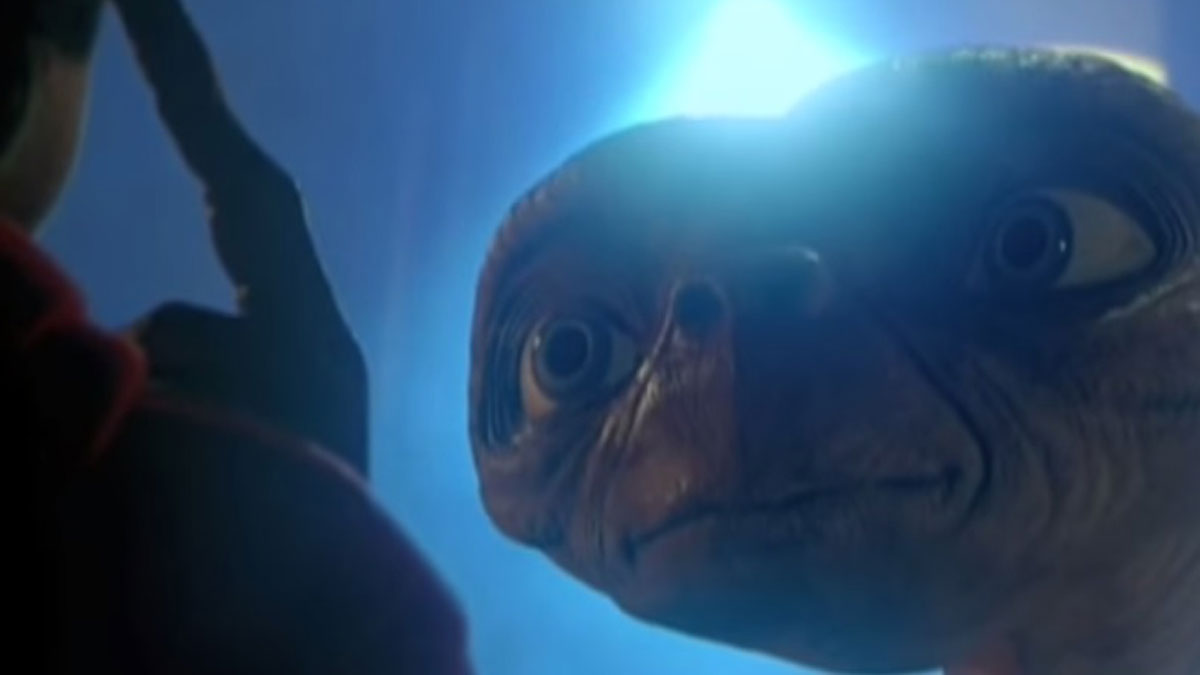
A free daily email with the biggest news stories of the day – and the best features from TheWeek.com
You are now subscribed
Your newsletter sign-up was successful
It is highly likely that human-like aliens have evolved on other planets, one of Britain's leading evolutionary biologists has claimed.
Simon Conway Morris builds on the principal of convergent evolution – that different species will independently evolve similar features – and argues that it could happen on any Earth-like planet.
"I would argue that in any habitable zone that doesn't boil or freeze, intelligent life is going to emerge," says Conway Morris in his new book called The Runes of Evolution.
The Week
Escape your echo chamber. Get the facts behind the news, plus analysis from multiple perspectives.

Sign up for The Week's Free Newsletters
From our morning news briefing to a weekly Good News Newsletter, get the best of The Week delivered directly to your inbox.
From our morning news briefing to a weekly Good News Newsletter, get the best of The Week delivered directly to your inbox.
The principle of convergence suggests that evolution is not random, but a predictable process that operates according to a "fairly rigid" set of rules, says Phys.org.
Conway Morris, who is a Cambridge fellow, argues that large brains, intelligence and tool-making skills are all convergent, so what applies on earth will apply across the Milky Way and beyond if the conditions are right.
"One can say with reasonable confidence that the likelihood of something analogous to a human evolving is really pretty high," says the English scientist. "Given the number of potential planets that we now have good reason to think exist, even if the dice only come up the right way every one in 100 throws, that still leads to a very large number of intelligences scattered around, that are likely to be similar to us."
So what about the famous paradox – if intelligent life exists, why hasn't it made contact? "The almost-certainty of ET being out there means that something does not add up, and badly," said Conway Morris. "We should not be alone, but all the evidence suggests we are."
A free daily email with the biggest news stories of the day – and the best features from TheWeek.com
The scientist told The Independent that he went "off-piste for a bit of fun" in the last chapter of his book when dealing with this problem.
"Maybe [aliens] are hiding, the Arthur C Clarke idea, or as Stephen Baxter mischievously suggested we live in a virtual world," he said.
"I don’t honestly know. My suspicion is we have only begun to scratch at the surface of reality."
-
 How the FCC’s ‘equal time’ rule works
How the FCC’s ‘equal time’ rule worksIn the Spotlight The law is at the heart of the Colbert-CBS conflict
-
 What is the endgame in the DHS shutdown?
What is the endgame in the DHS shutdown?Today’s Big Question Democrats want to rein in ICE’s immigration crackdown
-
 ‘Poor time management isn’t just an inconvenience’
‘Poor time management isn’t just an inconvenience’Instant Opinion Opinion, comment and editorials of the day
-
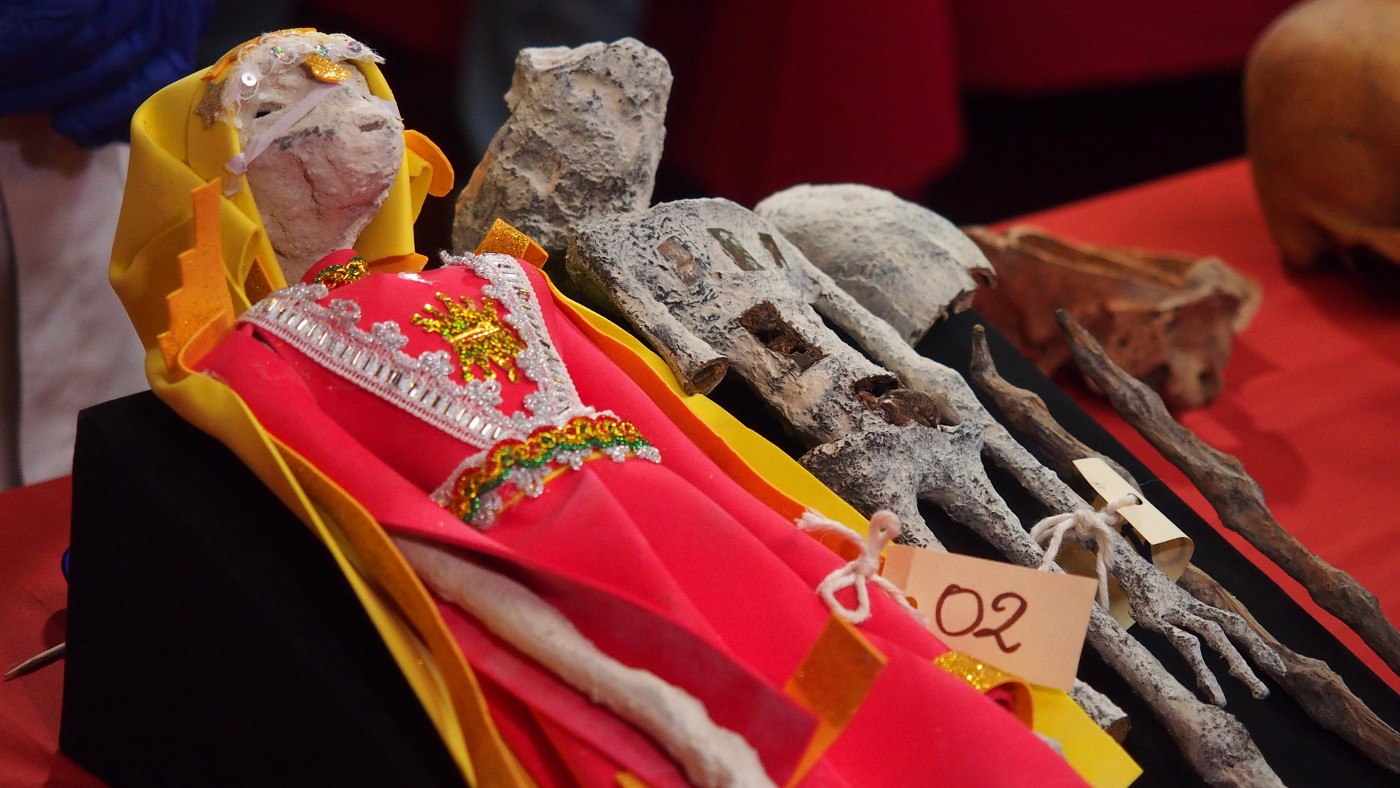 Peruvian 'aliens' aren't really aliens
Peruvian 'aliens' aren't really aliensTall Tales And other stories from stranger side of life
-
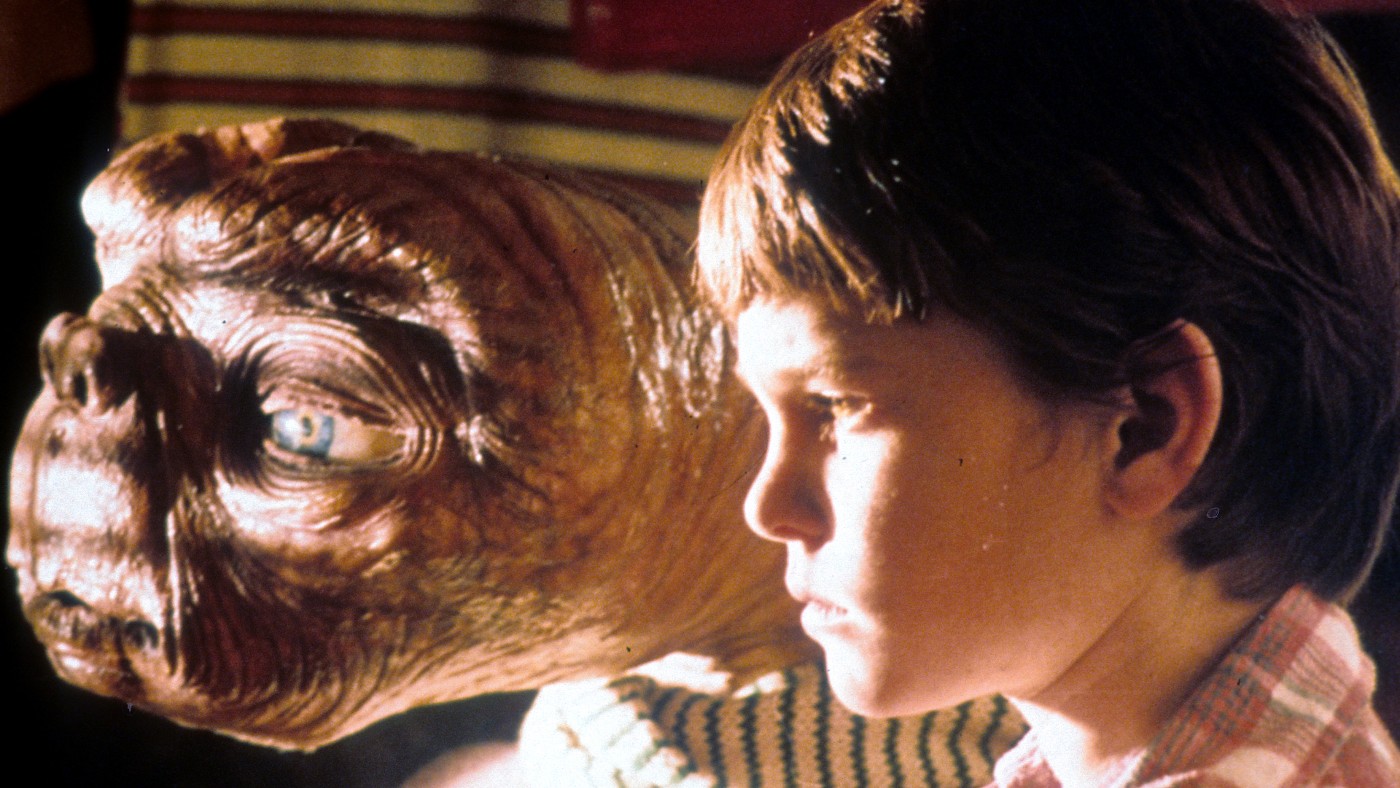 Locals speculate about aliens in Wales
Locals speculate about aliens in WalesTall Tales And other stories from the stranger side of life
-
 Triangle-headed aliens touched Goldie Hawn
Triangle-headed aliens touched Goldie HawnTall Tales And other stories from the stranger side of life
-
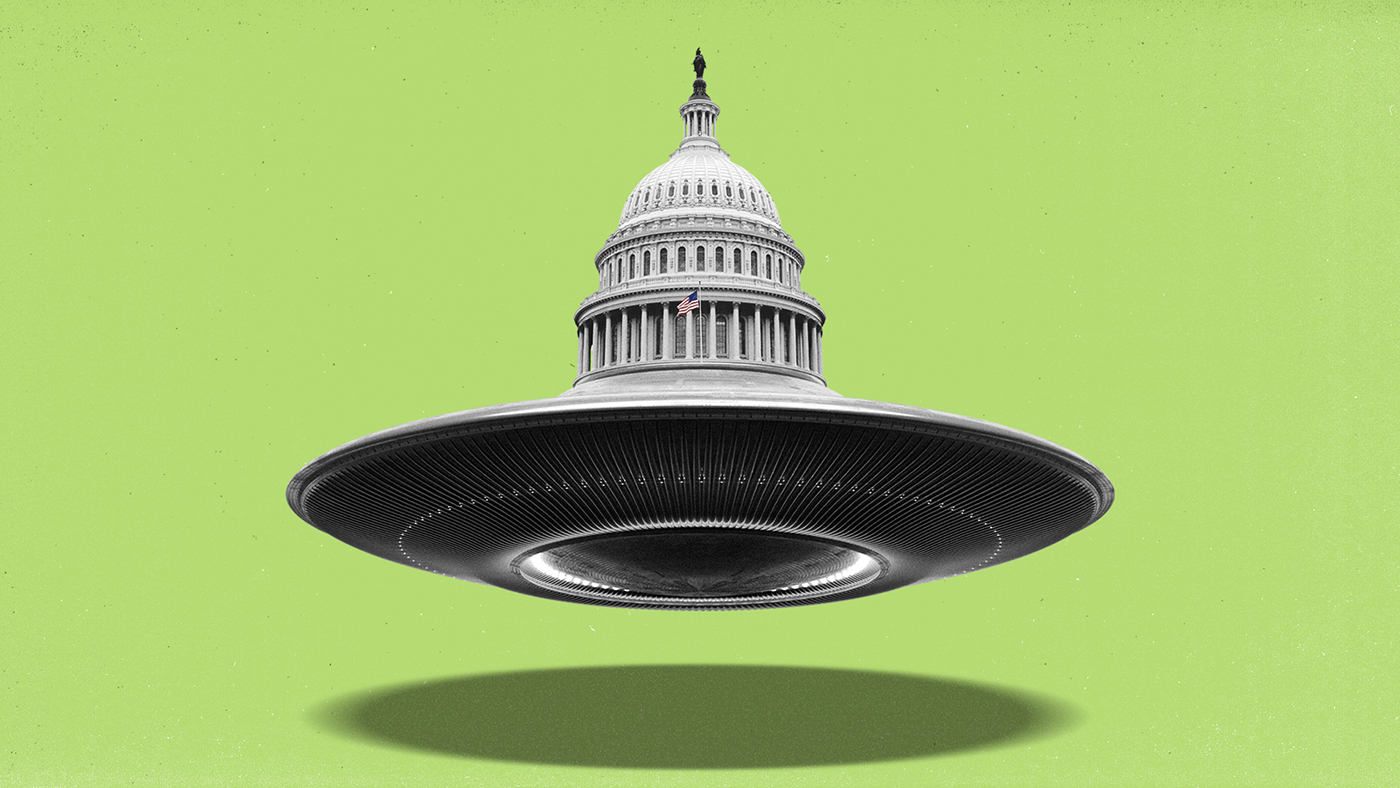 UFO hearing: why is Washington suddenly embracing aliens?
UFO hearing: why is Washington suddenly embracing aliens?Today's Big Question Speculation of extraterrestrial life has moved from ‘conspiracy fringe’ to Congress
-
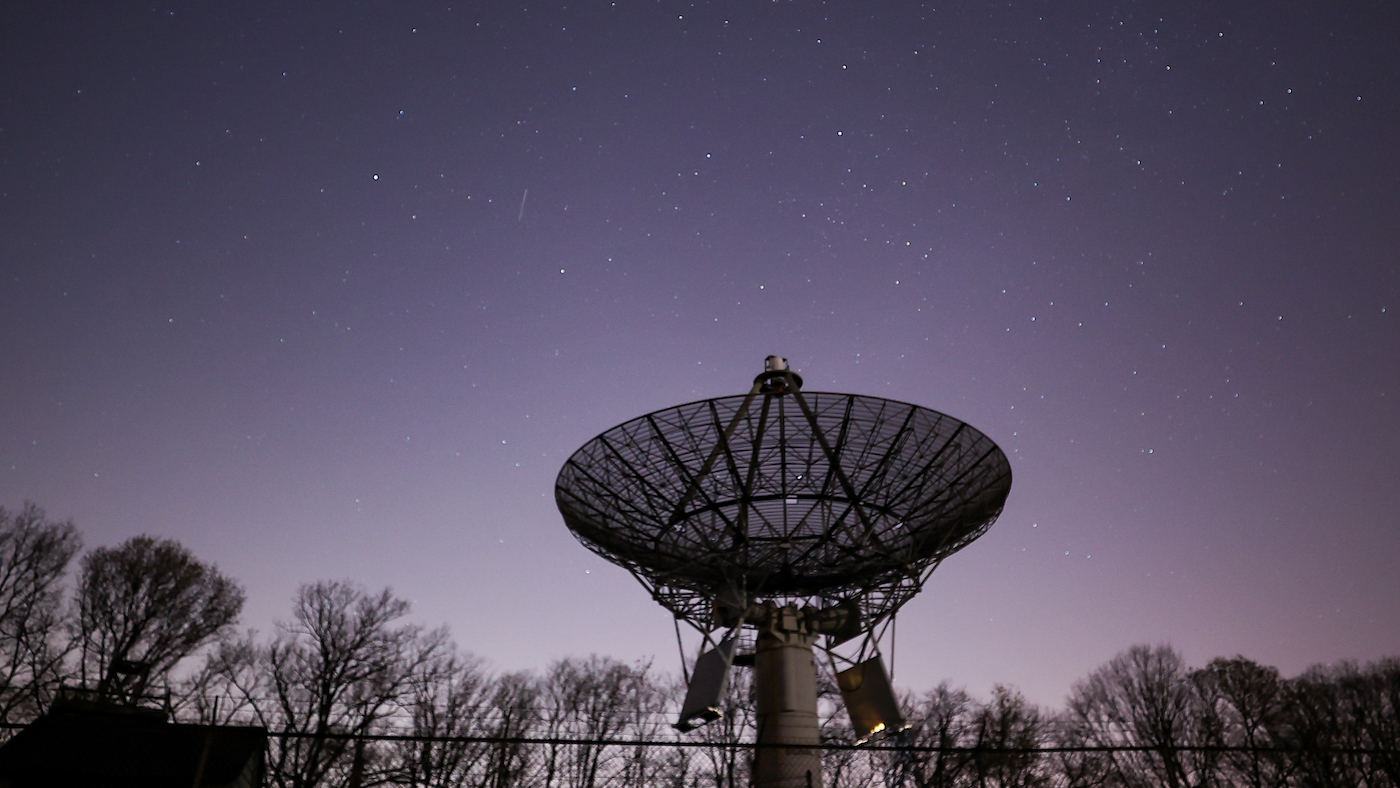 Pentagon whistleblower claims government hiding alien technology
Pentagon whistleblower claims government hiding alien technologyfeature A former intelligence worker claims the government is secretly holding vehicles of ‘non-human origin’
-
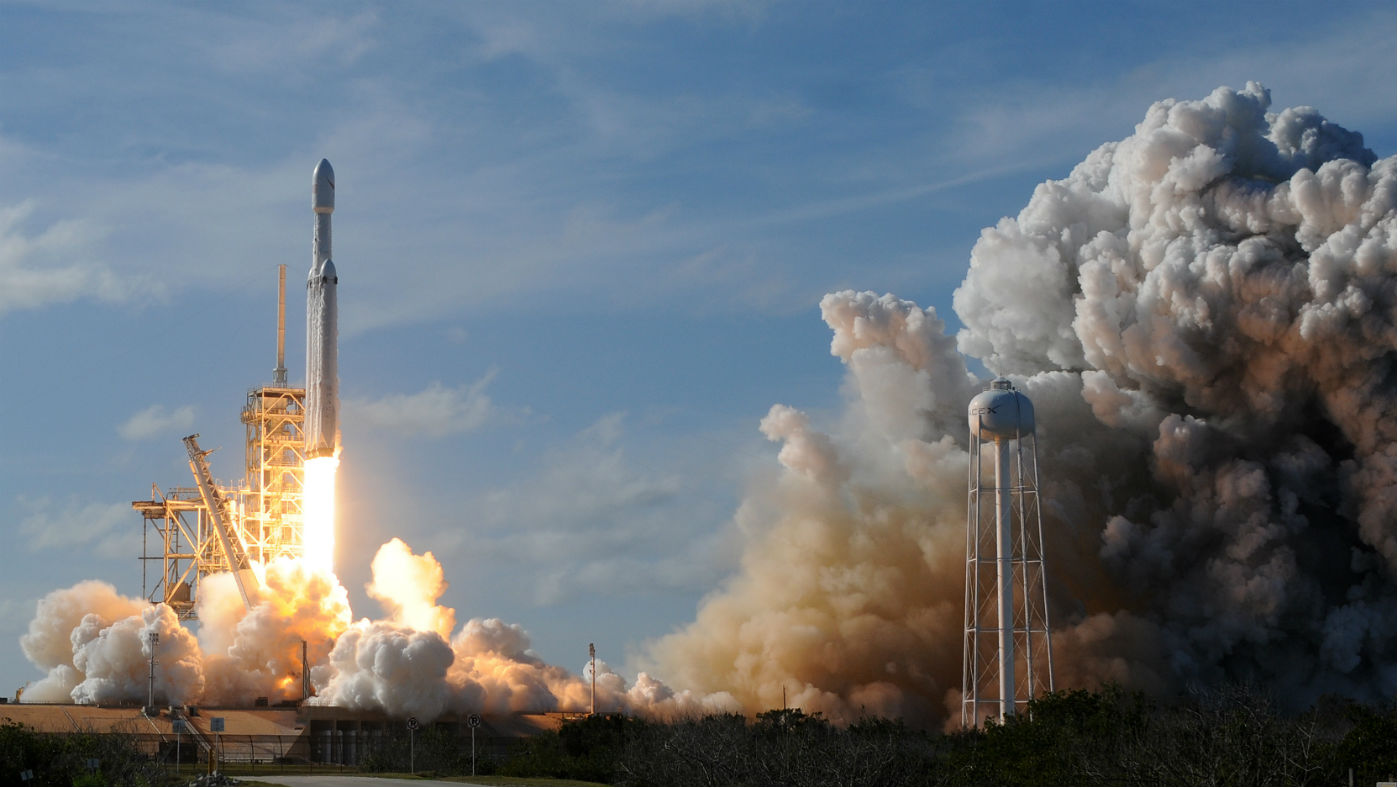 Space tourists face sex bureaucracy
Space tourists face sex bureaucracyfeature And other stories from the stranger side of life
-
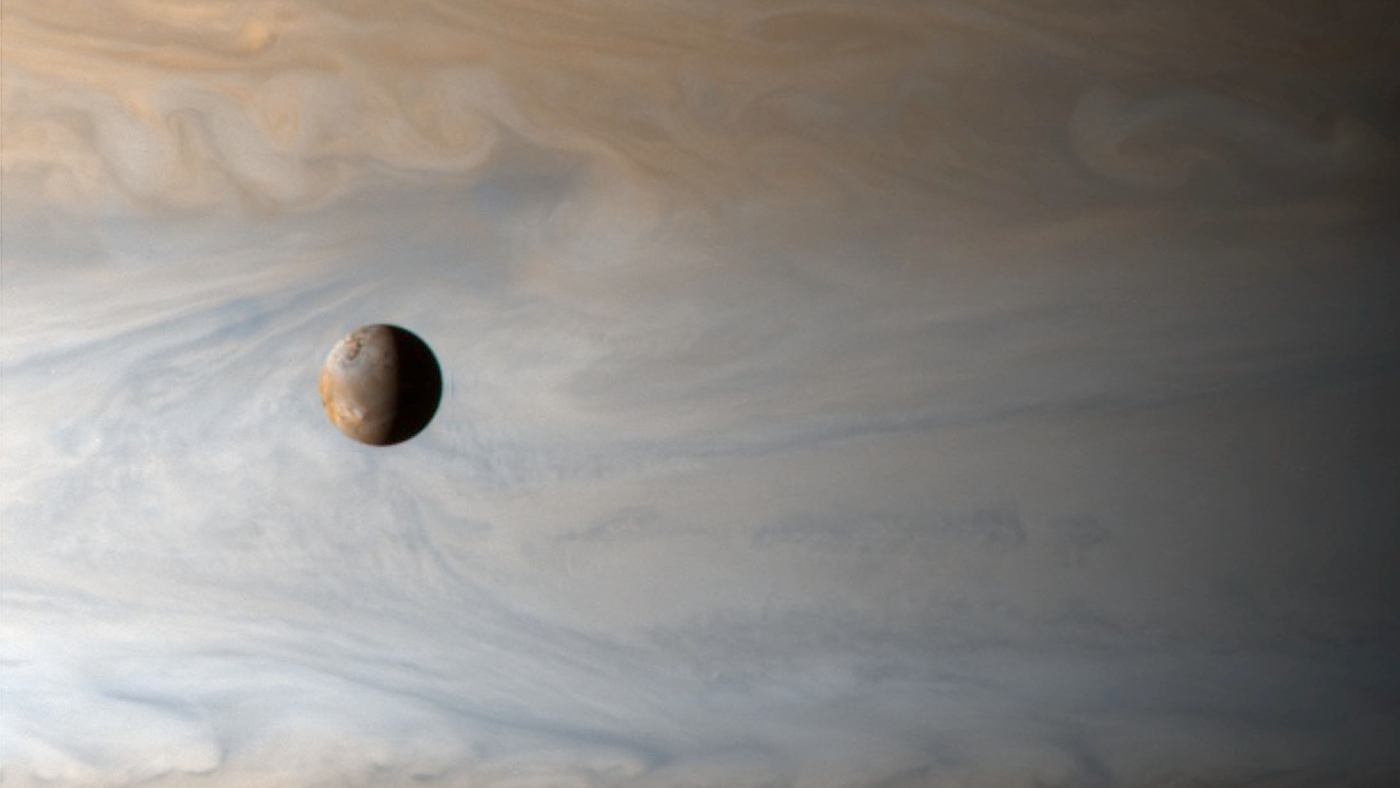 Juice: the European space mission to find life on Jupiter’s moons
Juice: the European space mission to find life on Jupiter’s moonsfeature Three of Jupiter’s moons are home to large, underground oceans that could support life
-
 Growing number of people ‘actually aliens’
Growing number of people ‘actually aliens’feature And other stories from the stranger side of life